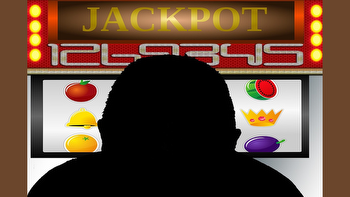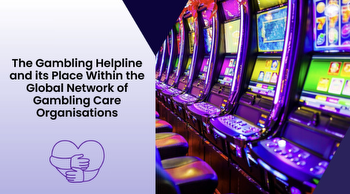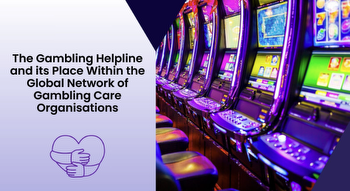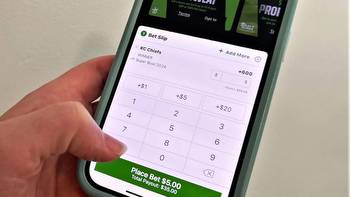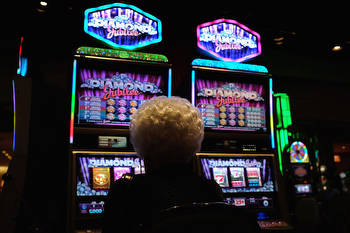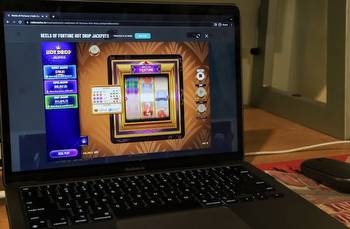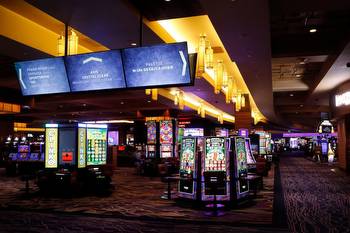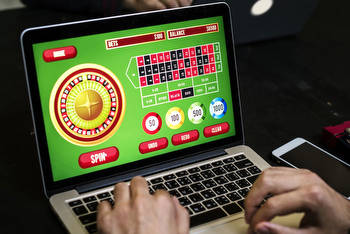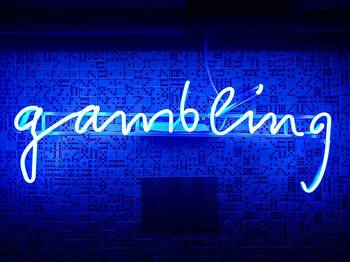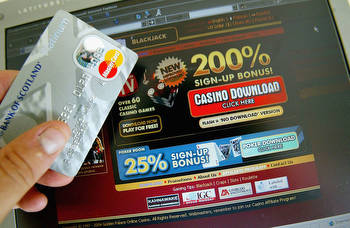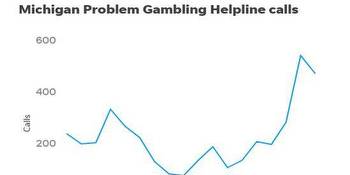Online Gambling: Friend or Foe to Michiganders?
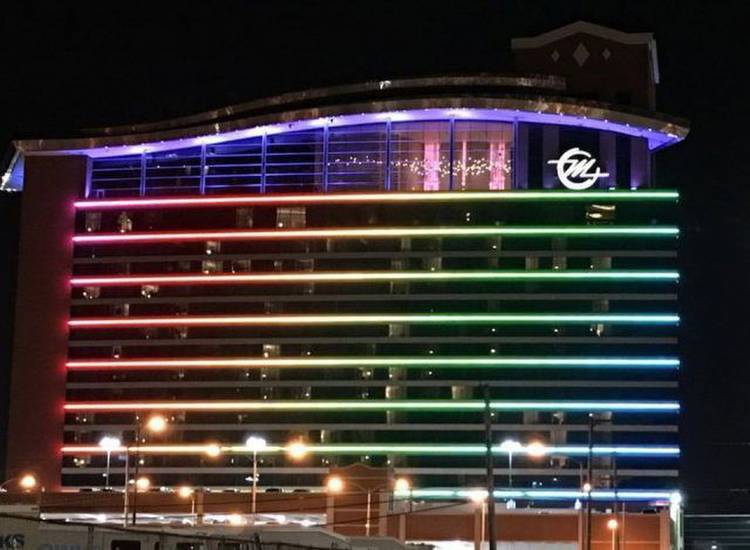
Due to COVID-19, service industries across the world have experienced a decline in revenue. Whether it be due to restrictions implemented by government officials, or to a fear of contracting the virus and endangering oneself and loved ones, it is undeniable that these businesses are in need of our help. However one industry that is setup best for a comeback are casinos.
Once Gov. Gretchen Whitmer approved online casinos and sports betting in Michigan, our screens were bombarded with advertisements from one gambling company or another. Each company offers casino games like slots, blackjack and Texas hold ’em along with sports betting from the comfort of your home. As well as, benefits to their customers from free money to no-risk bets, the devices used to hook customers are out in the open like never before.
However, every gambling advertisement provides a number for the gambling addiction hotline. A portion of the money wagered in online gambling goes to help the student-aid fund and in-turn our communities, so it must be a good change…right. It’s just a harmless way to spend an afternoon in the midst of a pandemic, until it is not.
While gambling addiction doesn’t affect every person who logs into the newly minted internet-casinos, based on statistics from Skywood Recovery approximately 2.6% of the United States or nearly 10 million Americans suffer from the disease. Unlike most addictions the signs are harder to spot, as gambling addiction is progressive in nature.
Most people’s first experience with betting is a small wager amongst friends during a sporting event. Win or lose, it means nothing when the bet is placed. For some people though as the event progresses, the fun turns into a desire to continue chasing the adrenaline rush of gambling. If they down, they’re chasing the money they lost, but if they’re up that next big win is their goal.
Now that COVID-19 has pushed everyone into their homes, people have turned to their devices for entertainment as options run out. This is why internet casinos and sports books are such an issue.
Before these new developments in gaming, a gambling addict had to avoid the casino or their local card game, now they have to avoid almost every form of media to stay on-top of their addiction. Even for the strongest willed people, the combination of boredom, solitude and constant gambling advertisements can wear down their determination to avoid their vices. To make matters worse, our cell phones have become virtual casinos, that are unavoidable to the modern gambling addict.
However, it isn’t just former gamblers who are inundated with the advertisements. Elderly people on a fixed income are also seeing these ads, but they aren’t knowledgeable enough about the internet to understand all of the fine print involving the “free money.” Once they get in over their head, they become depressed and paranoid as to how they will recoup their losses. In these moments, very few addicts will seek out the help they need.
This marketing tactic has worked as the Michigan Gaming Control Board reported that in the first 10 days of internet gaming, from Jan. 22 to Jan. 31, Michigan gaming operators brought in $42.7 million resulting in $4.4 million in taxes. The legalization has also taken the control of sports betting away from shady bookies, that will allow a person to accrue debt in large amounts. One must have sufficient funds in their gaming account to play on the apps.
While it is true a portion of the responsibility to avoid one’s vices undeniably falls on individuals, the amount of money flooding a downtrodden Michigan economy seems to push the issue of gambling addictions into the background for many people.
Many of the supporters of the online gambling movement refer to the yearly $500,000 allotted from taxes received off of online gaming by the MGCB. These taxes are to be used by the Michigan Department of Health and Human Services for providing problem gambling support, such as counseling services and support groups. However, if our state continues receiving $4.4 million a month from online gaming, they will have brought in upwards of $50 million by the end of the year. While $500,000 is a large sum of money, it is a drop in the bucket compared to the revenue gained. As the consumption of these internet casinos increases, the need for counseling services will become greater than the allotted funds can support.
This is not a call for the removal of all online gaming platforms, as portions of the taxes are used to fund K-12 education. However, this is a call for state leaders to increase the amount of tax dollars distributed to the gambling addiction prevention funds, as well as, increasing the length of time a problem gambling hotline is shown in a commercial, which is often crammed into the last three seconds of the advertisement. Along with this the MGCB and other official websites should have more than a link at the bottom of their websites to connect a person with help if they reach a point where they need it.







